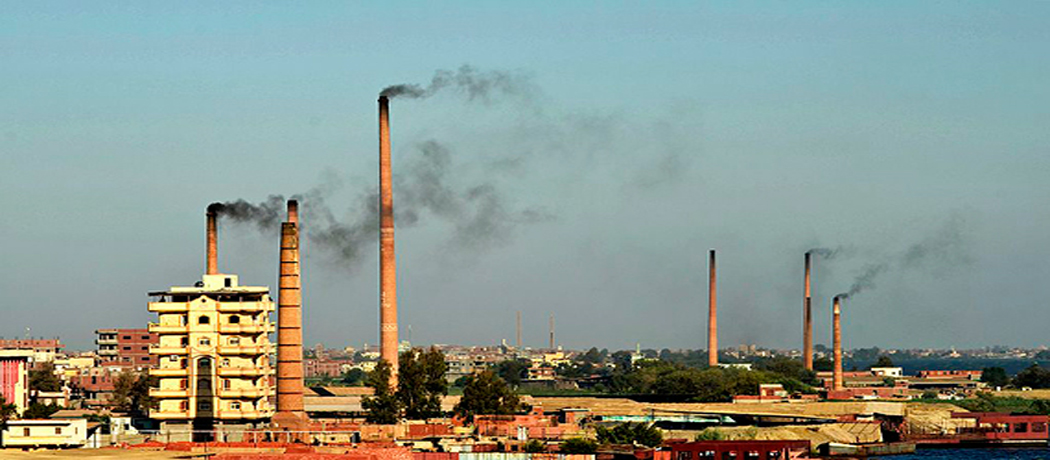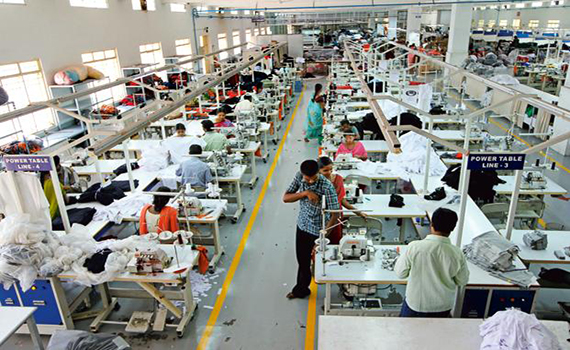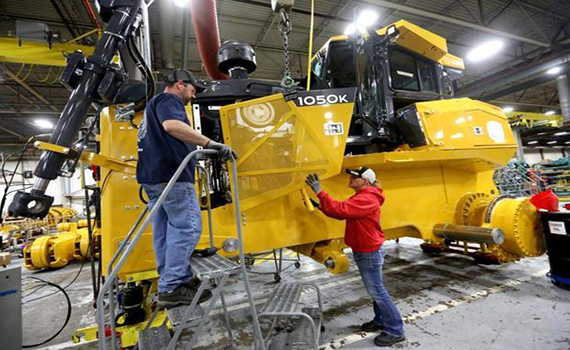
A well-organized factory is essential for ensuring the owner's overall satisfaction in terms of wealth, health, peace, employees, and labor. The site chosen for constructing the factory is a critical factor contributing to its success. While the primary goal of any business is profit generation, if this objective remains unfulfilled for any reason, it is prudent to consider Vastu. Analyzing the Vastu of the factory can reveal site-related issues, allowing for appropriate corrective measures.
Implementing Vastu principles in a factory can significantly enhance business operations, leading to increased production and improved financial gains, while also fostering a competitive edge among neighboring factories. Adopting Vastu guidelines in the industrial sector can pave the way for prosperity, security, and growth in business.
There are numerous factors to consider when establishing Vastu guidelines for factories and industries globally, such as site selection, placement of electronic devices, location of the guardroom, staff quarters, kitchen, administrative office, chairman's office, managing partner's office, and the arrangement of raw materials, finished products, packaged goods, and transport items, among others. Consulting an experienced Vastu expert can help mitigate potential issues and challenges.
While a shop may support one individual, a larger shop caters to a few, but a factory can sustain many families. The primary aim of a factory is to generate profits through effective production and marketing strategies. Consequently, the factory owner should be mindful of not only their own interests but also the livelihoods of many others. Typically, factories house heavy materials, including raw and finished goods, machinery, and stock. It is crucial to position these heavy items in the west, southwest, or south regions to ensure optimal functionality.
The construction of compound walls and guest rooms also holds significance in Vastu considerations. The positioning of the main entrance is particularly important and should be in a favorable location. Merely knowing basic placements, such as cooking in the Agneya (Southeast) and the sump in Ishan, is insufficient; many additional factors and dimensions must be assessed before construction, necessitating the guidance of a qualified Vastu consultant. Following their recommendations can lead to a successful factory establishment and facilitate personal and communal growth.
Factories and manufacturing units often encounter significant challenges that require careful handling. The underlying causes of issues such as labor disputes, tax complications, market competition, fluctuating trends, and changing government policies must be understood. While managerial skills can address these problems, adhering to proper Vastu principles in the construction of factories or manufacturing units can help avoid many pitfalls.

Sometimes, managing stock disposal can become a daunting challenge. Consulting with an experienced Vastu consultant can provide valuable insights to navigate these difficulties effectively. Observing Vastu principles for factories and industries is essential; one should not rush into decisions without thorough evaluation before acquiring a site for factory construction. A simple Vastu tip can significantly enhance the site's positive energy.
With the numerous factories present in India and other Western countries, we plan to develop comprehensive Vastu Shastra links for all factories. We understand your desire to establish yourself as a leading entrepreneur in your field, and we are committed to supporting your growth. Your success contributes to the advancement of our community. Stay tuned; our team is actively working on these links, and you can expect significant developments soon. Keep in touch with us.
The Vastu of a factory plays a crucial role in diagnosing issues that may exist within the current setup. Some valuable Vastu tips for factories include:
When examining the Vastu principles applicable to factories, it's essential to consider several critical factors. The Vastu consultation process for a factory requires a comprehensive evaluation.
